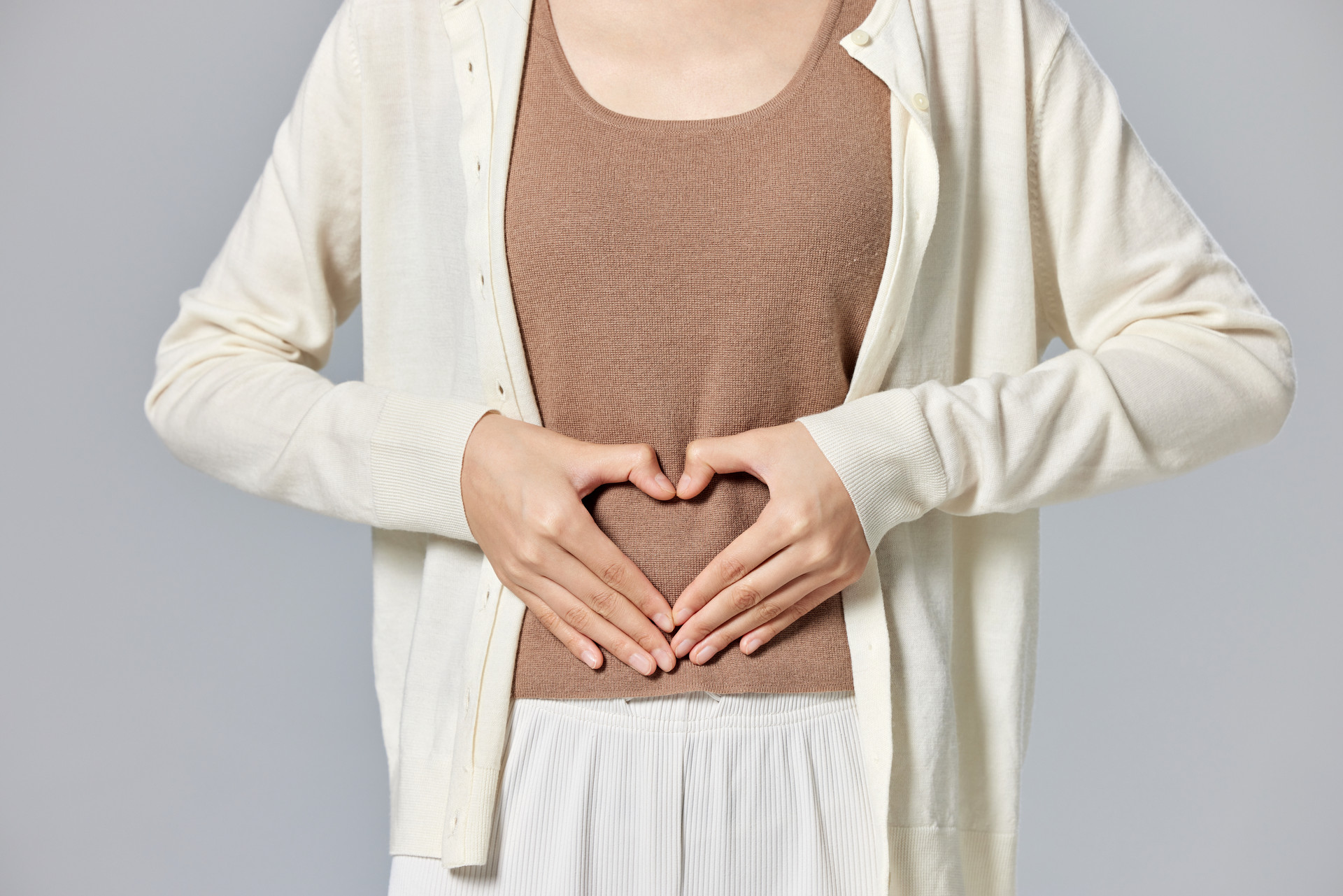Dysmenorrhea is a common gynecological disease that often occurs during or before and after menstruation, with lower abdominal pain as the main symptom. The treatment of dysmenorrhea should be based on the patient's age, physique, emotions, and other factors in order to achieve good results.
Dysmenorrhea and Age
It is said that women reach menarche around the age of 14 and their menstruation becomes regular. However, in young girls, the kidney qi is not yet fully developed and the coordination between the Chong and Ren meridians is not yet harmonized. Therefore, it is common for them to experience bloating and pain in the lower abdomen during menstruation. In addition, there may be a fear of the onset of menstruation. At the beginning of treatment, it is important to explain to the patients the physiological phenomenon of menstruation.
The primary treatment approach is to regulate qi. The commonly used Wuyao Decoction from "Jiyin Gangmu" includes Wuyao, Xiangfu, Danggui, Muxiang, and Gancao. Optional additions include Sharen, Yanhusuo, and Zhike, with cold symptoms requiring Wuzhuyu and Paojiang. After taking the medication, patients often experience bowel sounds and relief of abdominal pain. Generally, a treatment period of 2-3 cycles is sufficient for recovery.
For married women of childbearing age, factors such as sexual intercourse, childbirth, breastfeeding, and miscarriage can lead to damage to qi and blood, insufficient liver and kidney function, and imbalance of the Chong and Ren meridians. This can result in dysmenorrhea due to poor excretion of menstrual blood. For cases of deficiency in both qi and blood, the Ba Zhen Decoction can be used with additions of Guizhi and Wuzhuyu. For cases of liver and kidney deficiency, the Diao Gan Decoction from "Fu Qing Zhu Nu Ke" can be used, including fried yam, gelatin, danggui, fried white peony, shanzhuyu, baiji days, and gancao. For cases of damp-heat invasion, the Jiedu Decoction can be used, including yinhua, lianqiao, hongteng, baijiangcao, danpi, zhizi, chishao, taoren, yanhusuo, moyao, and chuanlianzi. For cases of qi stagnation and blood stasis, the Tongyu Decoction from "Jingyue Quanshu" can be used, including danggui, honghua, shanzha, xiangfu, wuyao, qingpi, muxiang, and zexie, with the addition of shixiaosan. For cases of deficiency-cold in the Chong and Ren meridians with cold pain in the lower abdomen, the Jin Gui Shen Qi Decoction can be used with the addition of yinyanghuo, tusizi, and lu jiaoshuang.
For women in menopause, the Chong and Ren meridians become deficient and the kidney qi gradually declines, causing imbalance between yin and yang and easily leading to menstrual disorders. If dysmenorrhea occurs, attention should be paid to the presence of organic lesions in the reproductive system, such as tumors.
If damp-heat symptoms are present, the Jiedu Decoction can be used with modifications.






